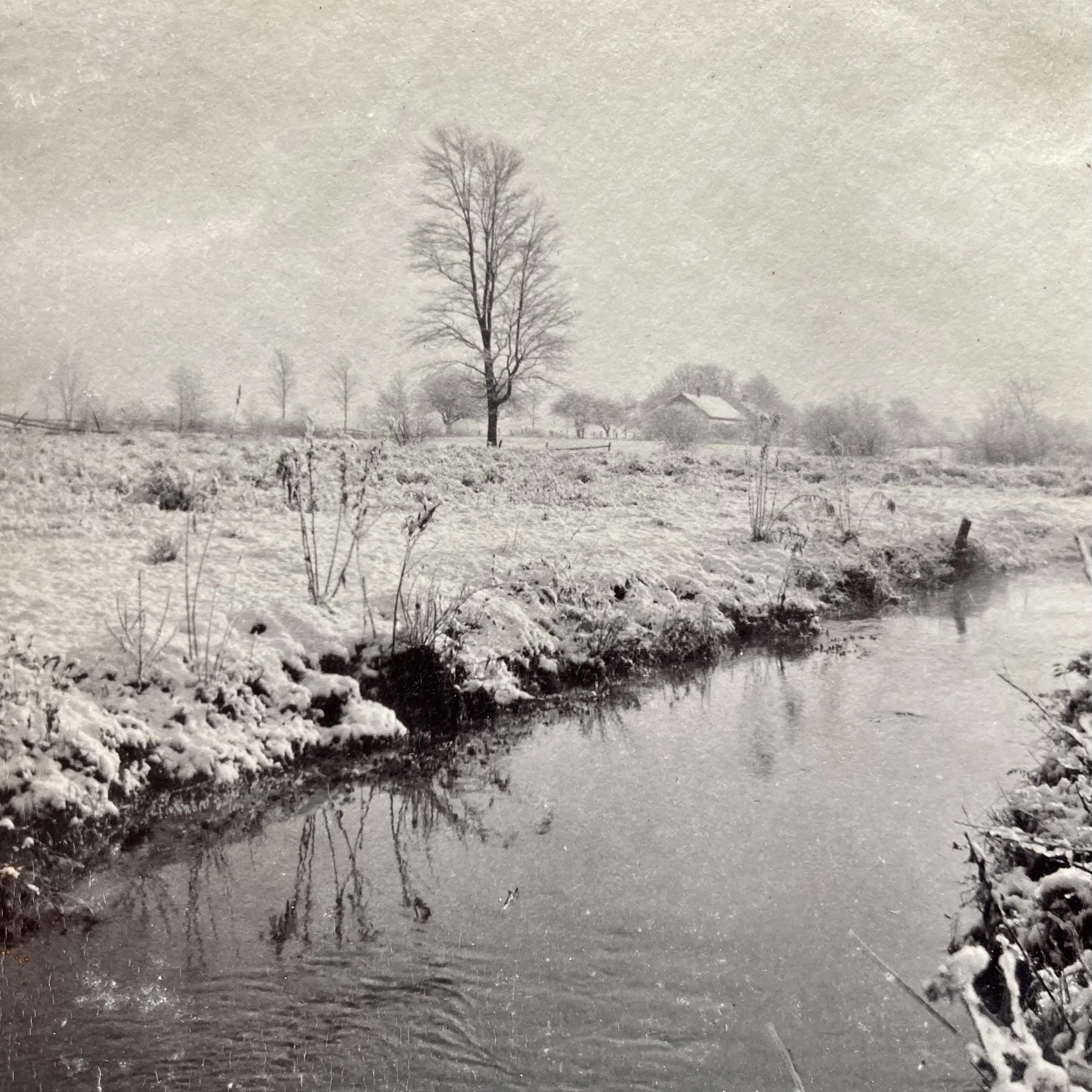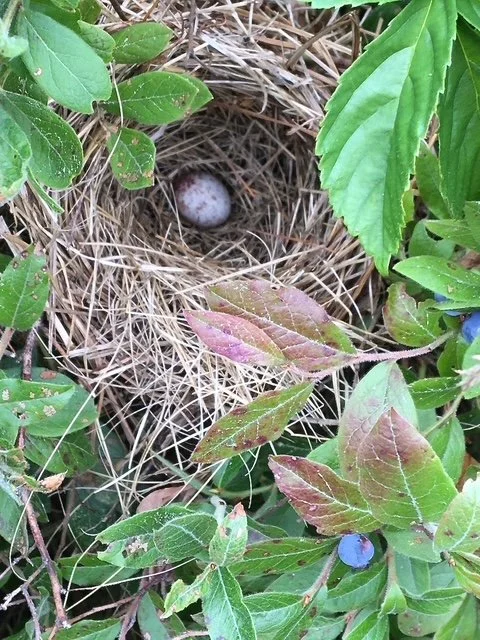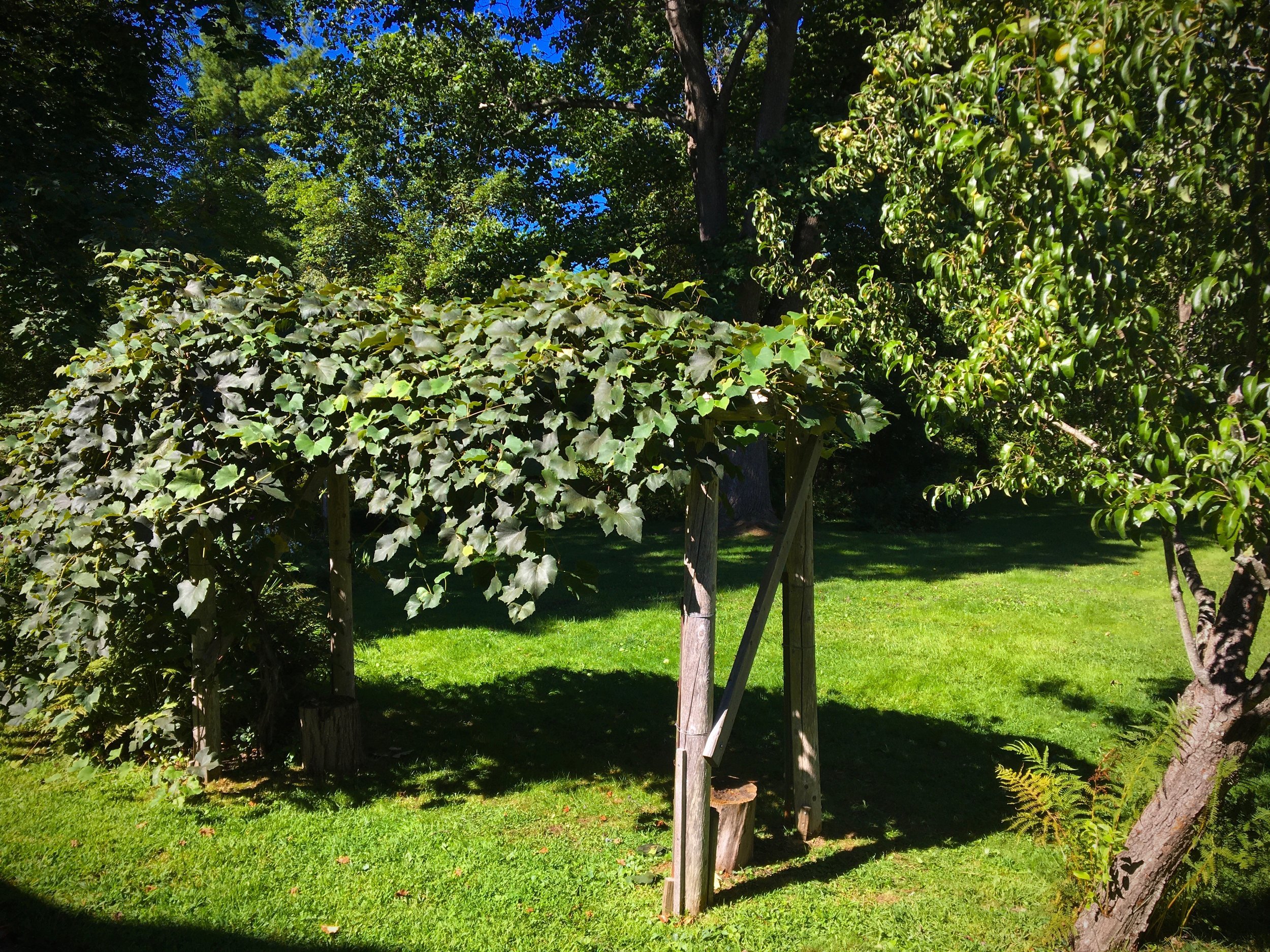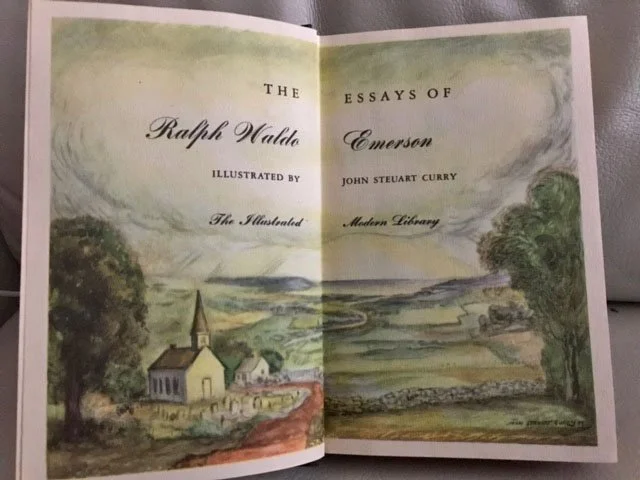
The Lyceum
A gathering place for engaging Emersonian content to educate & entertain.
Long-Ago Landscapes
Photos from an Emerson family album from the 1890s capture scenes from a Concord, MA winter over a century ago. Part of the greater Emerson House collection, this album is usually tucked away in a drawer and is being shared here for the first time.
Opening Lines for Earth Day
This year, the spring reopening of the Emerson House coincides with the 55th anniversary of Earth Day. In promoting environmental protection and celebrating the web of life, Earth Day reflects Ralph Waldo Emerson’s own reverence for nature—a common theme in his writings. Today, and beyond, we find inspiration in Emerson’s poems—his words exalting the wisdom of a bee; the beauty of a wildflower; the sentience of a tree.
Dispatch from Argentina
A talk given by Professor Gustavo A. Brandariz (University of Buenos Aires) on the idea of ‘nature’ in the works of Emerson, Thoreau, Sarmiento, Hudson and Martínez Estrada. Recorded in November 2024 as part of an international meeting honoring Argentinian writer Ezequiel Martínez Estrada on the 60th anniversary of his death. The linked video is in Spanish.
Mary Moody Emerson
Beginning a series on the strong women in Ralph Waldo Emerson’s life with a profile of his Aunt Mary Moody Emerson, who helped raise him after his father died and had a profound influence on his life and works. Credited as being his “earliest and best teacher,” Mary laid the foundation of Transcendentalism for her nephew and was an inspired writer in her own right. She was also active in the antislavery and women’s rights movements.
Christopher Cranch: Transcendentalist, Artist, and Follower of Emerson
Reprinted from The Public Domain Review, this essay explores the friendship of Transcendentalist illustrator Christopher Cranch and Ralph Waldo Emerson. Cranch’s collection of humorous sketches inspired by phrases from Emerson’s Nature—including his famed “transparent eyeball” drawing—is considered one of his greatest achievements.
Emerson’s Mountain Interval
A reflection on Emerson’s trip to the White Mountains in the summer of 1832 as he considered leaving the ministry after the death of his first wife, Ellen. Taking wisdom from his surroundings, it was there that Emerson made the decision to resign. Mountains continued to occupy a place in his imagination, itineraries, and poetry for the rest of his life.
The American Scholar: Emerson’s Call to Awaken American Thought
An examination of the themes and context of Emerson’s momentous 1837 speech, "An Oration, Delivered before the Phi Beta Kappa Society at Cambridge,” later retitled “The American Scholar.” At the time, Emerson was just embarking on his remarkable 40-year career as an essayist, poet and speaker. His mind was racing with new ideas designed to increase individual expression and promote the importance of nature to thought and literature, and the Transcendental Club was founded soon thereafter.
Winter Reflections
Excerpts on the wonders of winter from Emerson’s poems, essays, and other writings, accompanied by recent photos of the snowy landscapes around his Concord home.
Mr. Emerson’s Journals
Selections from Ralph Waldo Emerson’s journals, which he kept throughout his life and which served as the basis for many of his essays, lectures, and poems. The journals were a platform for Emerson to evaluate and make decisions; to react to news, good or bad; and to form a record of the people he met and the places he visited.
On the Grapevine
Exploring the history of the ‘Concord grape,” developed by Concord resident—and Emerson neighbor—Ephraim Wales Bull in the 1840s. Henry David Thoreau first planted a scion of the original stock in the Emersons’ garden in the 1850s and a ‘Concord’ grapevine has grown there ever since.
“Green Emerson” [1]
After purchasing his Concord home in 1835, Ralph Waldo Emerson set about planting a variety of trees around the property. From stately pines and chestnuts near the house to an orchard with over a hundred fruit trees, Emerson’s efforts brought the nature he so loved even closer to home.
The Very Quotable Emerson
Ralph Waldo Emerson gave more than a thousand lectures over 40 years, sharing his thoughts with audiences in the hope that they might reflect and learn. As we start this new year, hopeful of positive changes, we share a selection of some of Emerson’s most notable quotations.











![“Green Emerson” [1]](https://images.squarespace-cdn.com/content/v1/6742847b5a0db278359b0744/c16ef354-aecd-4fdd-9ad4-11ebacf88d99/Trees-Log-cover.jpg)
